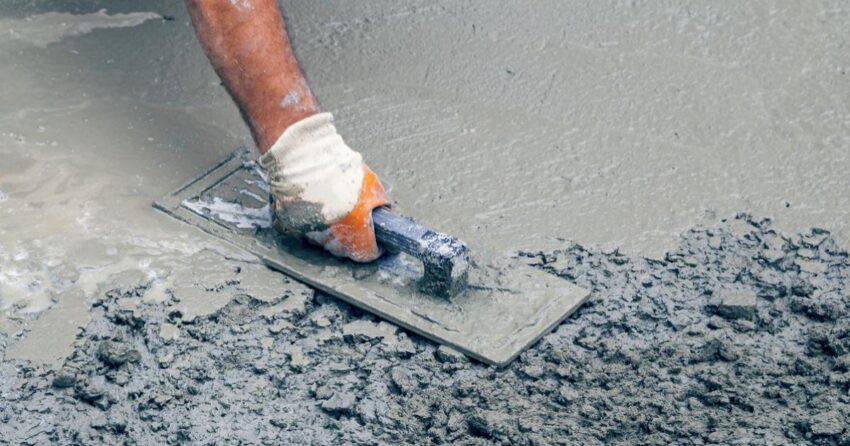Concrete slab floors offer many advantages for both residential and commercial applications, from being strong, durable and easy to maintain to providing acoustic benefits and being fire resistant.
Thermal mass is particularly useful in climates where day/night temperature variations are substantial, although insulation must be added around its edges to prevent heat escaping through them.
High thermal mass
Concrete slabs Melbourne floors offer high thermal mass that makes them suitable for most climate conditions. They can either be on-ground or suspended, and should be insulated around their edges in cold climates for best performance. Furthermore, these floors make an excellent choice for rooms that feature north-facing windows but must be shaded appropriately to prevent overheating.
Concrete floors can be an economical option for your home’s interior. It can be finished in various ways, including polished concrete and tiled finishes. Darker colors with matte finishes work better than light shiny options.
When selecting floor covering materials, be mindful to select those which won’t interfere with the curing process for concrete. Plastic covers can discolour and damage concrete floors, leading to costly repairs and replacements down the line. New or damp concrete should also be avoided because plastic coverings disrupt its hydration and surface hardening processes – potentially resulting in cracking surfaces over time.
Durability
Concrete floors serve as an effective barrier against insects, moisture and dirt entering your home. While hard and cold in texture, they’re an ideal base for more attractive flooring such as carpet and hardwood. Furthermore, concrete requires minimal maintenance compared to its counterparts due to no grout lines that need to be kept tidy.
Controlling mix water is vital to avoiding common problems like crazing, dusting, blisters and de-lamination of surface paste. One effective method for doing this is with an admixture that retards set time; an effective vapor barrier should consist of 6 or 15 mil poly (preferably heavy-duty product) while seams and penetrations must be toned taped to ensure an airtight seal.
Concrete slabs can be powerful thermal masses, yet their effectiveness can be drastically diminished if covered with finishes that insulate them from winter sun. To maximize the effectiveness of your slab, consider having the living room face north in cold climates so the winter sun can heat it directly up from below and radiate it across your slab.
Easy to maintain
Concrete slab floors are simple to care for, making them an excellent choice for homeowners. Resistant to stains and mildew growth, these durable floors require little upkeep so you can spend more time enjoying family time.
Slab on grade floors work especially well in cool climates where day/night temperature differences are dramatic, as well as sites that are susceptible to flooding or have high water tables. They may also help lower energy use thanks to using low-emission cements, recycled aggregates and hempcrete materials that help minimize their energy footprint.
When installing new concrete slabs, ensure your contractor tests the moisture levels as it dries with an RH meter. Too much moisture could cause stress cracks to appear later and hinder proper mix design to avoid shrinkage cracking. Also remember to add an accelerating agent if pouring during cold weather as concrete will set more slowly when exposed to lower temperatures.
Cost-effective
Concrete slab floors can be an economical and long-term option for homeowners in cooler climates looking to reduce energy costs and cut energy consumption. When selecting one as the surface option for their floor it is crucial that it remains durable while being low maintenance.
When building a concrete slab, it is recommended to use a base material such as gravel, crushed rock or sand that compacts well to avoid voids in the finished product. Grading should also be undertaken to provide sufficient support for the slab. Proof rolling the subgrade prior to starting work on placing concrete is advised for optimal results.
Vapor barriers aren’t required for concrete slabs, but can be helpful if you intend to apply an adhered floor covering. A vapor barrier will limit moisture intrusion while protecting finishers from walking across it. Control joints should also be included as these help relieve tension that builds during shrinkage of the slab and avoid unsightly cracks forming as the concrete hardens.
